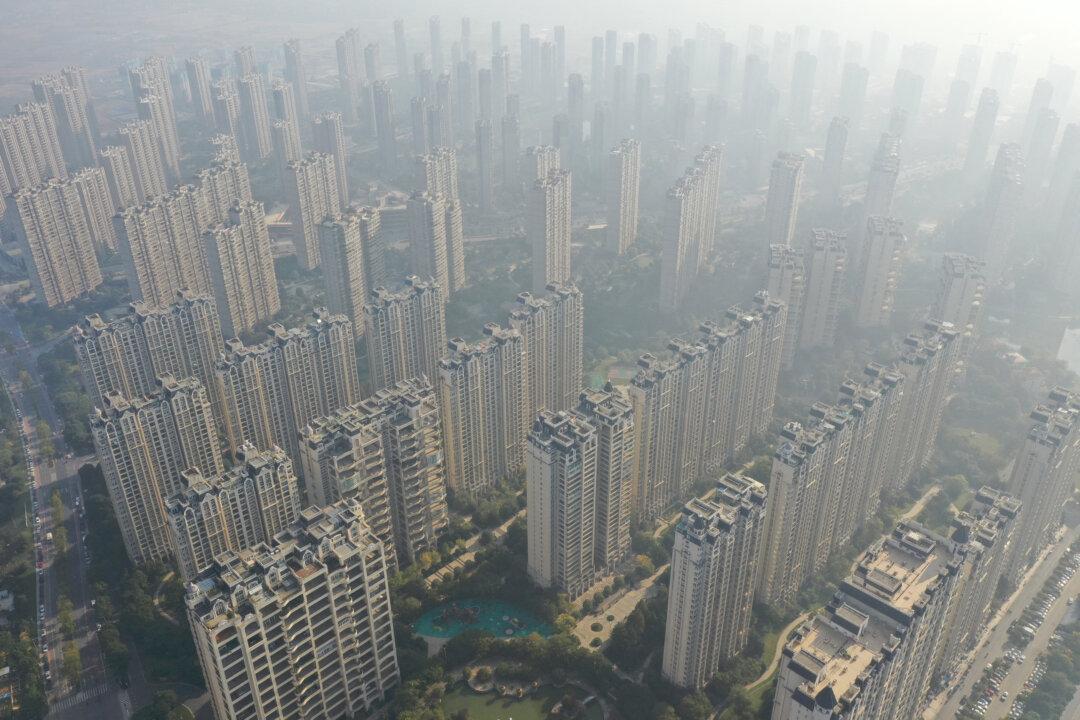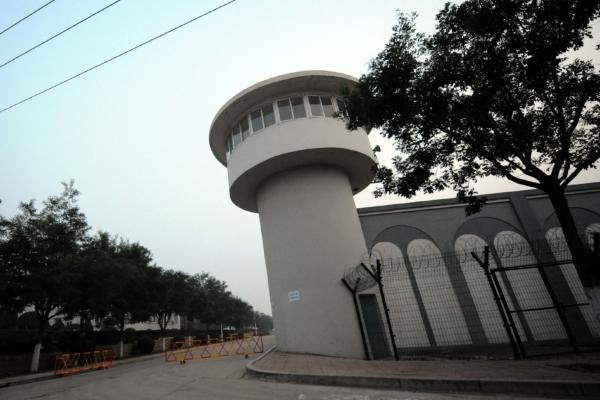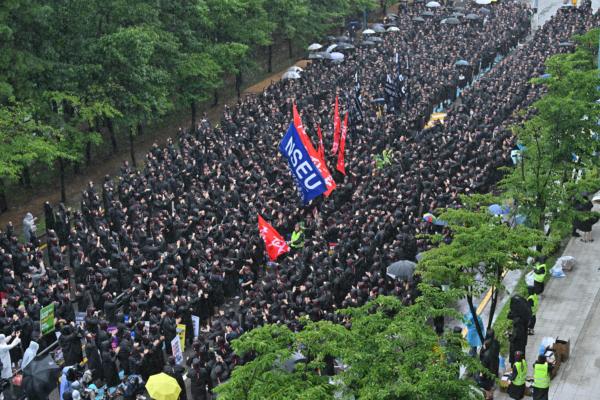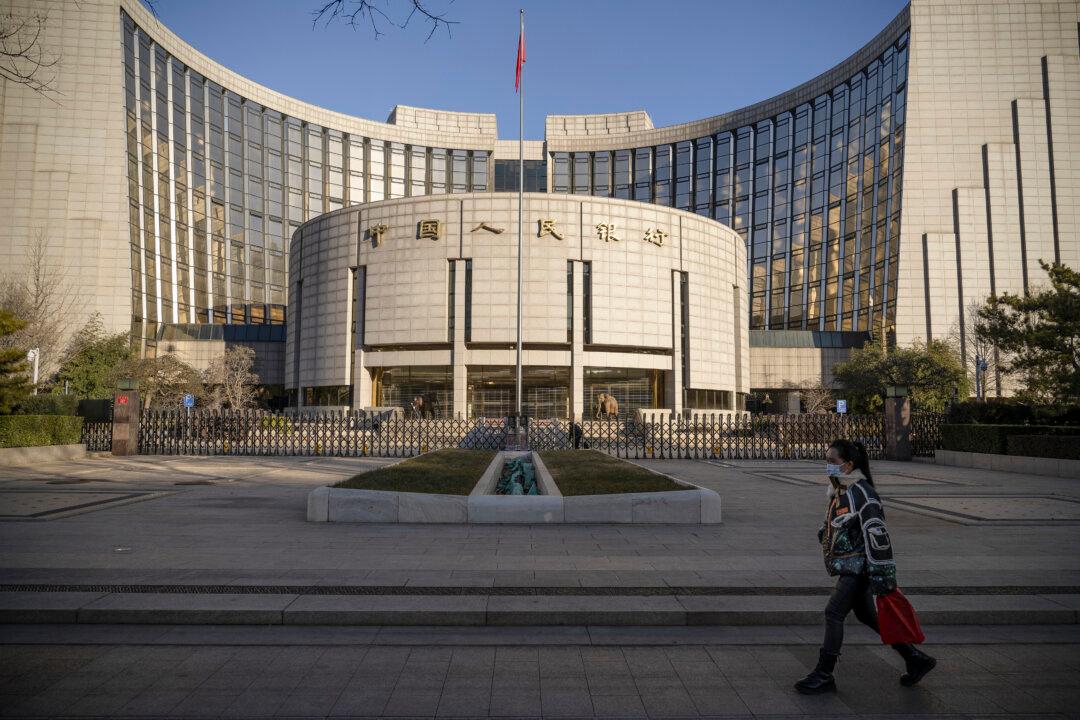In recent weeks, Yunnan Province has witnessed a significant outbreak of Dengue fever, leaving hospitals overwhelmed and reports of fatalities. However, the local authorities have not made any official announcements or updates on the situation.
Even a pest control campaign in Mile City, conducted over 18 days, only vaguely alludes to “vector organisms,” without mentioning Dengue fever explicitly.





